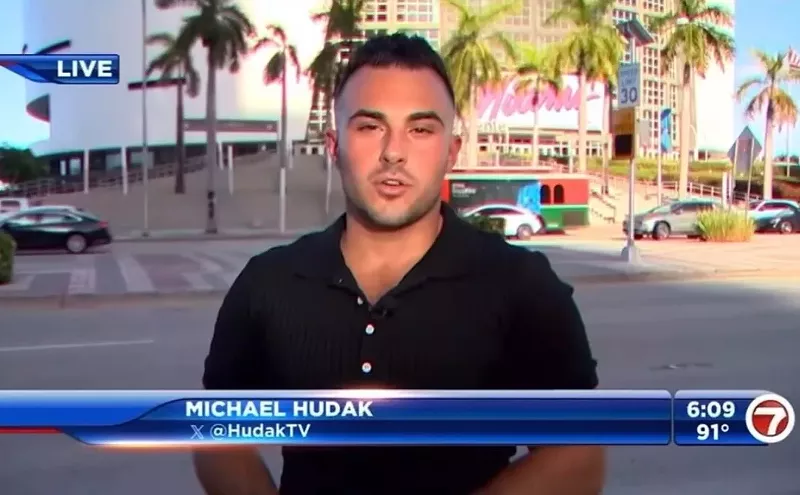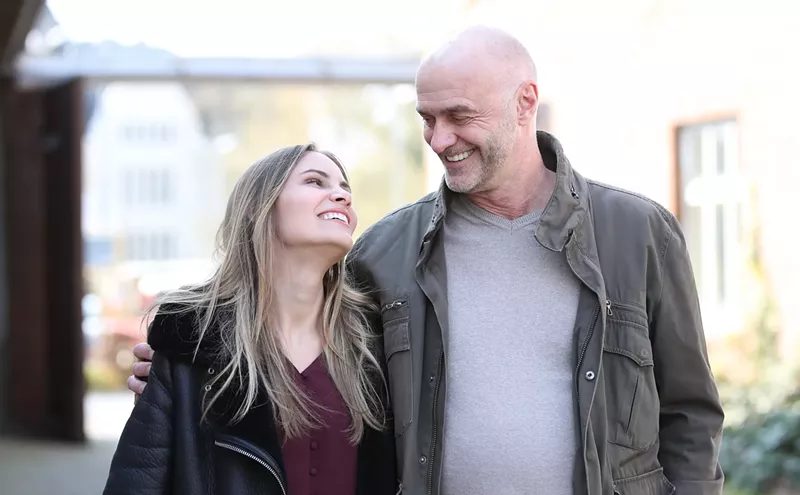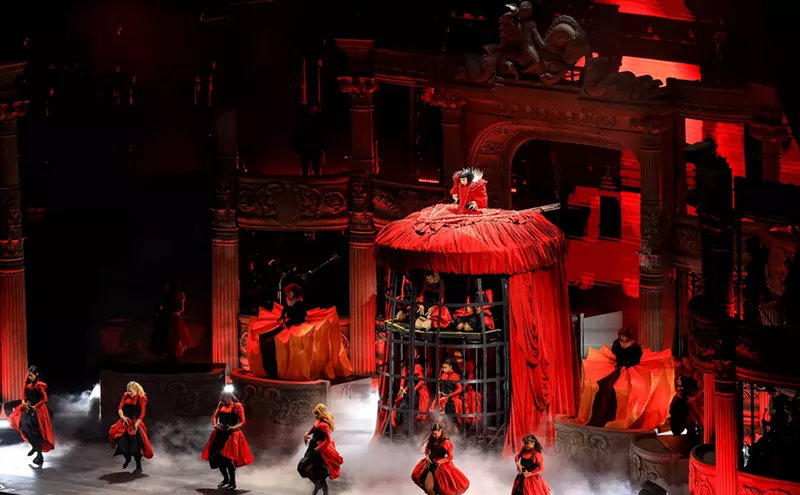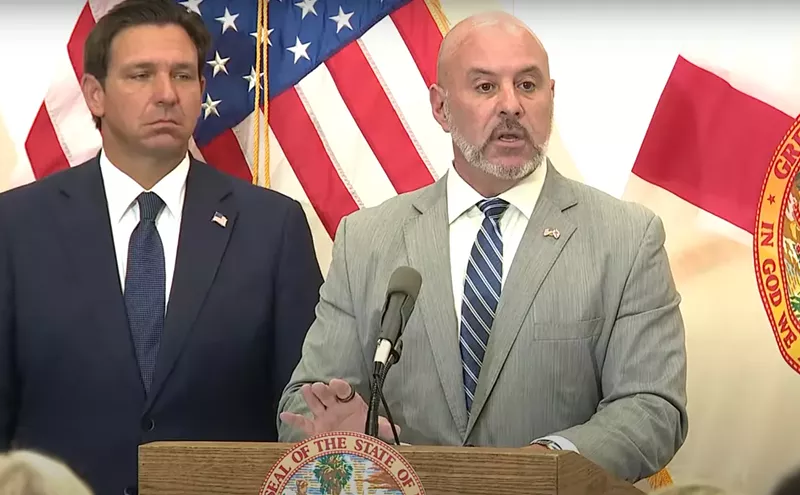“Pick up your fuckin' phone,” he says to a woman he has decided must dump her boyfriend. It's Robbins who introduces the idea of a breakup, but he convinces her that it's what she wants. “Is it honest?” he asks of the choice he has goaded her into. “Is it painful? That's why it needs to be done.”
She agrees, or caves, or something. Then she makes the call, cutting the poor schlub loose on speakerphone in the middle of a hotel ballroom. This delights all the winners-to-be who have ponied up almost five grand a head.
Robbins is to motivational speakers what Tom Cruise is to actors, a correspondence Cruise laid bare by essentially playing Robbins in Paul Thomas Anderson's Magnolia. But he's stranger still, a dead-serious parody of peculiarly American types, acted out on the scale of Paul Bunyan and Pecos Bill. He's the inspiring coach and the penetrating therapist, the swearing shock jock and the timeshare closer, the revival preacher and a gruff pro wrestler who, rather than harangue the camera with threats of whose ass he'll kick, works tireless variations on the Alec Baldwin speech that David Mamet wrote to open the film version of Glengarry Glen Ross. (“You're going to remember as long as you live that I don't fucking bullshit.”) He's a cornball — “Did anybody see the movie called Mr. Holland's Opus?” he asks, unpromisingly — but he also bores straight into people, demanding they answer the toughest of questions in front of thousands. “Who did you have to be for your father?” he asks a
Her answer: “Ignorant to his behavior.”
“Which behavior did you have to be
“Drug abuse.”
It's therapy as improv, as
He'll tell that same story in an offstage interview, later, but Berlinger's film is mostly concerned with the performative moment, with the connection Robbins forges with his paying audience. “If she had been the mother I wanted, I would not be the man I am proud to be,” he declaims, and everyone cheers, eager for him to tell them who they should choose to be, too.








